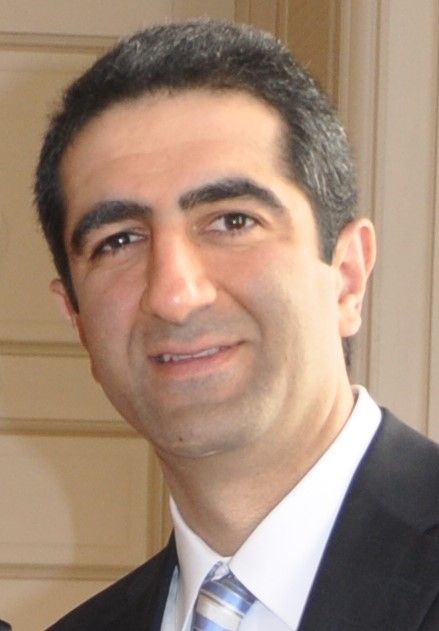Midlife Lifestyle Changes Can Reduce Stroke Risk By 25% in Aging Women
Results of a 26-year study examine the impact of a dozen different lifestyle interventions in a cohort from the Nurses Health Study.

Goodarz Danaei, ScD
While women may be at a greater risk of stroke and stroke-related complications, including death and poorer physical function, compared to their male counterparts, new research suggests lifestyle interventions during midlife can pay tangible dividends in reducing long-term stroke risk in aging women.
Results of the National Institutes of Health-funded study, which included data on more than 50,000 women with a mean age of 52 years at baseline, indicated sustained lifestyle modifications reduced the 26-year risk of total stroke by 25% and ischemic stroke by 36%.
“We found that changing to a healthy lifestyle, even in your 50s, still has the potential to prevent strokes,” said lead investigator Goodarz Danaei, ScD, associate professor of Cardiovascular Health at Harvard T.H. Chan School of Public Health in Boston, in a statement. “Women who made lifestyle modifications in middle age reduced their long-term risk of total stroke by nearly a quarter and ischemic stroke, the most common type of stroke, by more than one-third.”
Conducted by Danaei and colleagues from Harvard Medical School, Harvard T.H. Chan School of Public Health, and University of São Paulo Medical School in Brazil, the aim of investigators’ analysis was to assess the long-term impact of lifestyle changes on incidence of stroke under hypothetical lifestyle strategies through observational data. Using information from the Nurses Health Study, investigators were able to identify a cohort of 59,727 for their analysis.
While the NHS began in 1976 and included 121,701 individuals, investigators chose 1986 as baseline to account for prebaseline confounders. Individuals included gun the analysis had follow-up data, including diagnosis of stroke or death through June 2012. Exclusion criteria included missing risk factor information and missing information related to the food frequency questionnaire.
Investigators estimated the risk of total stroke, ischemic stroke, and hemorrhagic stroke between 1986 and 2012 using multiple hypothetical strategies including 4 non dietary and 8 dietary risk reduction strategies. Non dietary risk reduction strategies included smoking cessation, moderate-to-vigorous intensity exercise of at least an average of 30 min/d, BMI reduction by 5% at each period if 25 kg/m2 or greater, and a joint strategy of smoking cessation and a BMI reduction by 5% at each period. Some of the dietary risk reductions strategies included eating 3 or more servings of fish per week,1 or more servings of nuts per day, and eating 5 or more servings of fruits and vegetables per day.
At baseline the mean age of the study cohorts 52 years, the mean BMI was 24.5 kg/m2, 95% were white, 21% were smokers, and 54% were postmenopausal. Of note, 9998 participants died from causes others than stroke and 10,393 more were lost to follow-up.
During the follow-up period, a total of 2349 first strokes were observed—with 1251 being ischemic, 351 hemorrhagic, and 747 classified as unknown subtype. Results indicated an estimated 26-year risk of total stroke under natural course was 4.7% (95% CI, 4.5%-4.9%).
Using a hypothetical joint strategy of the first 3 non dietary risk reduction strategies, the risk of total stroke was 3.5% (2.6%-4.3%) and risk of ischemic stroke was 1.6% (1.1%-2.0%). Investigators noted smaller reductions were observed under isolated dietary strategies of increased intake of fish and notes and reduced intake of unprocessed red meat.
Investigators pointed out smoking cessation, daily exercise, and weight loss was estimated to reduce risk of total stroke by 25% and ischemic stroke by 36%. Results also indicated sustained through dietary modifications could reduce risk of total stroke by 23%.
This study, “Hypothetical Lifestyle Strategies in Middle-Aged Women and the Long-Term Risk of Stroke,” is published in Stroke.